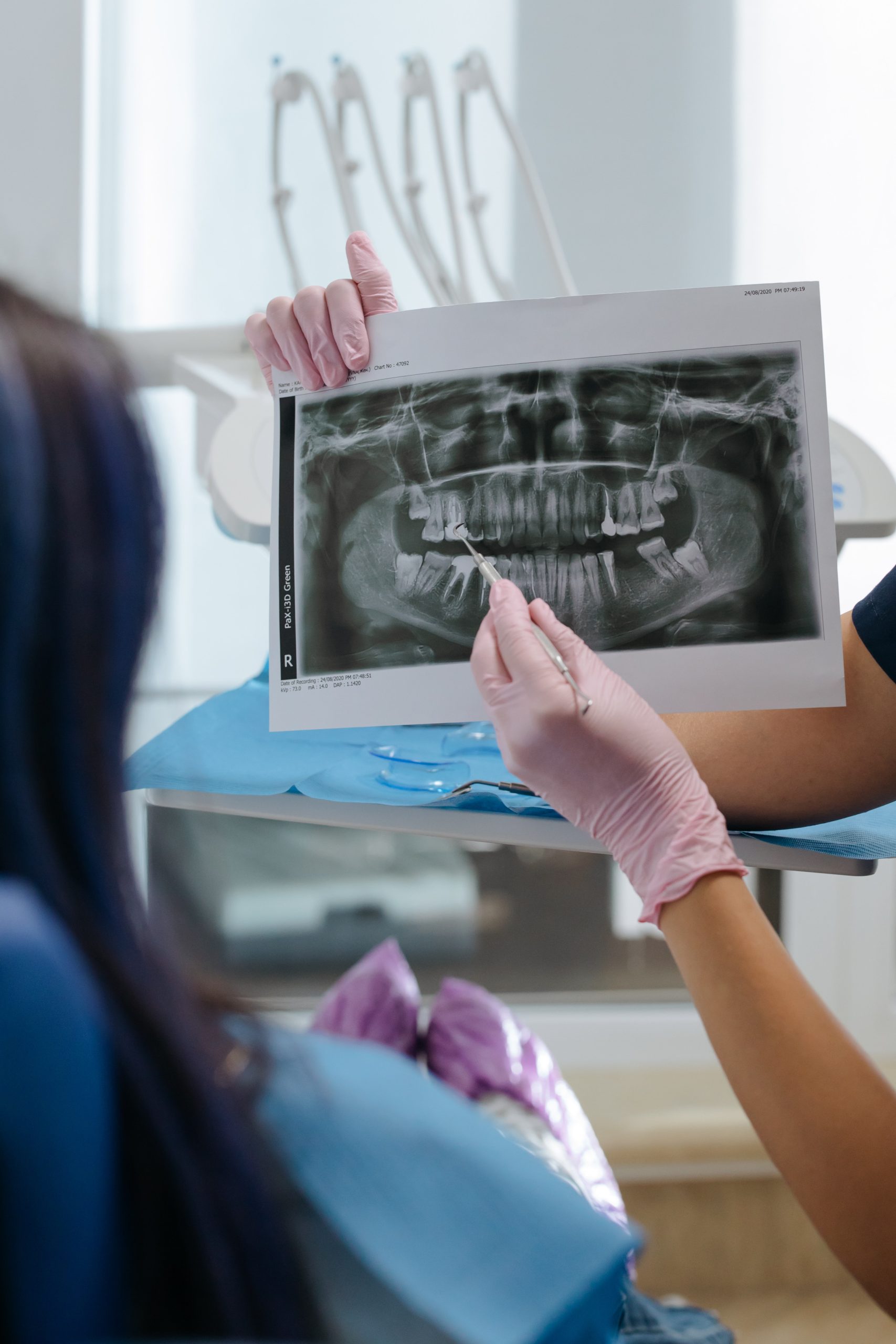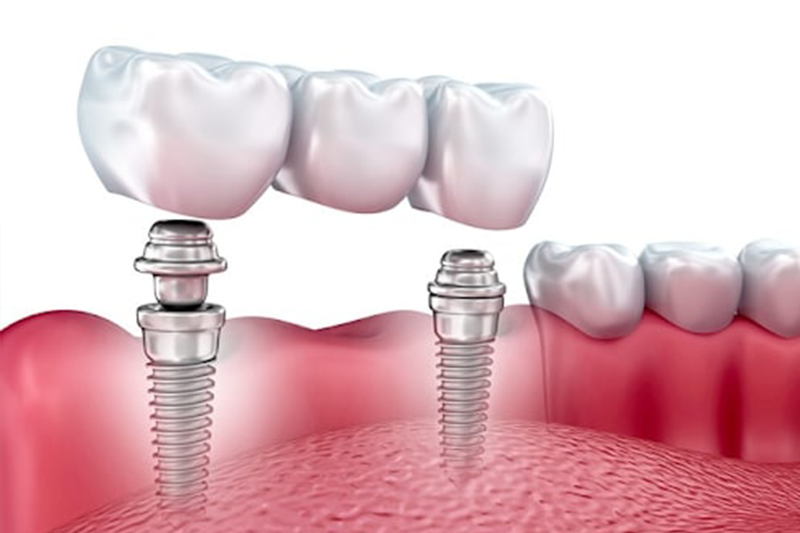
Dental Implants and Periodontal Disease: What You Need to Know in Stratford, CT
When it comes to dental health, both dental implants and periodontal (gum) disease are topics that are frequently discussed. But how do the two interplay, and what do you need to know if you’re considering dental implants and have a history of periodontal disease? Let’s dive into the details.
What are Dental Implants?
Dental implants are modern dentistry’s answer to missing teeth. They are metal posts, most often made of titanium, that are surgically positioned into the jawbone beneath your gums. Once in place, they allow your dentist to mount replacement teeth onto them. The implants fuse to the bone over time, creating a stable foundation for the replacement teeth.
Understanding Periodontal Disease
Periodontal disease, commonly known as gum disease, is an inflammatory condition that affects the soft and hard structures supporting the teeth. It starts as gingivitis and can advance to more severe forms like periodontitis if not treated.
The major culprits behind periodontal disease are bacteria that reside in the dental plaque—a soft, sticky film that forms on the teeth. When this plaque isn’t adequately removed through daily brushing and flossing, it can harden into calculus or tartar. The continued buildup of plaque and tartar can lead to gum inflammation, bleeding, and eventually, loss of bone and teeth.
The Relationship Between Dental Implants and Periodontal Disease
- Pre-existing Periodontal Disease: If you have active periodontal disease, it’s essential to get it under control before considering dental implants. Inflammation and bone loss from periodontal disease can compromise the success of an implant, as the implant requires a solid bone foundation for proper anchoring.
- Peri-implantitis: This is a condition similar to periodontal disease but occurs around the dental implant. It is an inflammatory process affecting the soft and hard tissues surrounding the implant. Just like natural teeth can succumb to gum disease, dental implants can become compromised by peri-implantitis. Maintaining meticulous oral hygiene and regular dental check-ups can help detect and manage peri-implantitis early.
- Implant Success Rate: Dental implants have a high success rate, often exceeding 95%. However, the presence of active periodontal disease can jeopardize this success. Ensuring that gum health is optimal before proceeding with implant placement is vital.
Preventative Measures
If you’re considering dental implants and have a history of periodontal disease:
- Prioritize Treatment: Before even considering implants, prioritize the treatment of any active gum disease. This might include scaling and root planing, use of medicated mouth rinses, or even more advanced surgical procedures.
- Maintain Oral Hygiene: Brush twice a day, floss daily, and consider using an antibacterial mouthwash. Your dental team can provide personalized recommendations based on your dental health.
- Regular Check-ups: Regular dental check-ups can help monitor the health of your implants and your natural teeth. Catching peri-implantitis or periodontal disease early can make all the difference in treatment outcomes.
In conclusion, while dental implants offer an excellent solution for missing teeth, they are not immune to the challenges posed by periodontal disease. Understanding the importance of gum health, not just for your natural teeth but also for the success and longevity of dental implants, is crucial. Always consult with your dentist or periodontist to assess your unique situation and get the best recommendations tailored for you.
Disclaimer
The information provided in the blog post is for informational purposes only and should not be considered a substitute for professional medical advice.


